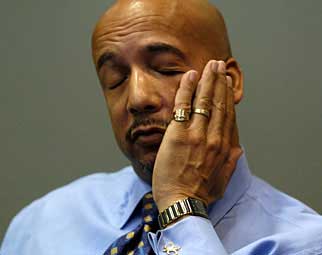Crosswell v. Rodriguez involved the sufficiency of a RICO pleading. The Fifth Circuit emphasized a RICO enterprise “must exist for purposes other than just to commit predicate acts,” which means that “accusing a group of defendants comprising one natural person and a collection of legal fictions as undertaking a set of acts together, without providing any detail as to how they acted together, fails to provide a factual basis from which to plausibly infer the connected structure of an association.”
Here, while the plaintiffs’ allegations described a stand-alone set of events, the Court held that no allegations plausibly supported the theory that these transactions were part of a repeated and continuing scheme involving the defendants. No. 23-20535, Oct. 17, 2024.







